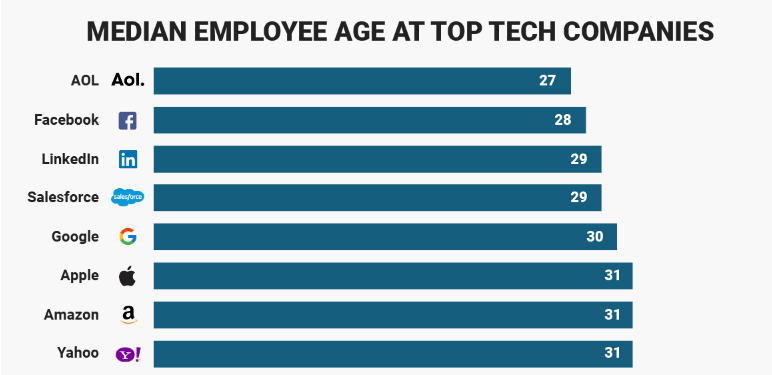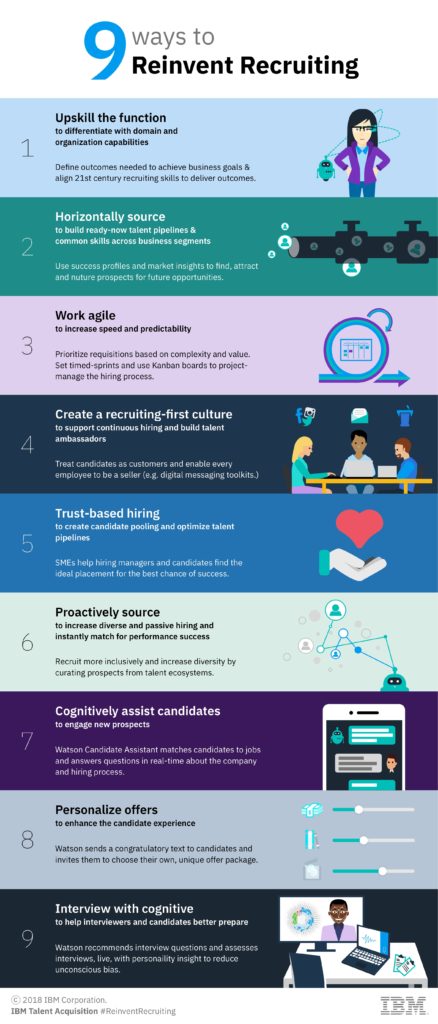Wow! Really!?
Here are some other things that might surprise you:
- They also don’t hang out on Facebook
- They like Smartphones and using Snapchat
- You shouldn’t pee into the wind
- They think you’re old!
No shit, Sherlock, that younger people don’t find the Skilled Trades sexy!
I’m old. I was listening to NPR on way to work the other day and this well-meaning Gen X dude gets on the radio and says, “the problem we have in skilled trades is that teens don’t find them sexy”.
I’m like, of course, they don’t find the skilled trades sexy. Most don’t even know what the heck ‘skilled trades’ means, and if you show them, they still won’t find them ‘sexy’! Okay, well not ‘sexy’, but they should see what a great, stable job the skilled trades can be.
Um, yeah, no, you understand how young people think, right!?
Stable. Good pay and benefits. Something you can do for forty years and get a good retirement and pension. Are all things that will get young people to run away from whatever it is you’re trying to fool them into doing!
So, how do I get young people interested in the Skilled Trades?
I don’t!!!
I get 35-year-old people interested in skilled trades!
You know what’s great about 35-year-old people? They can start to see the end. Sure that end is 25+ years out, but they start thinking I need to get my life together and do something that is (wait for it!), stable! Something that pays well and has ‘solid’ benefits. Something I can retire doing!
I don’t need 18-25-year-olds to fill skilled trades jobs. Those kids suck at showing up to work and listening! You know who’s really good at showing up to work and listening? 35-year-olds!
If you go into any retail store, gas station, restaurant, etc. and you say, “Hey, I’ve got a job that I’ll train you to do and you can earn a great living and have great benefits until you retire, and you’ll always have a job”, you’ll be like the Pied Piper leading people to your jobs!
The entire way we (and by “we”, I mean you!) is that you go hire 35-year-old people who have shown you that they are willing to show up to work, do work when they show up, but maybe they actually want to add something to their life that gives them a little more stability.
That 18-25-year-old doesn’t want your boring, stable, well-paying job, in which they must dirty their hands. They still have aspirations someone is going to pay them six figures to do nothing and give them a VP title.
By 35 we’ve had that beaten out of us. We’ve been humping $40K jobs for 15 years and we’ve almost, but not quite, given up on hope. You Mrs. Skilled Trades Job Lady are that beacon of hope!!!
Teens won’t solve the skilled trades shortage in America. That is something that is a waste of time for us to try and solve. “So, you, um, want me to stick my hand in a toilet!? Yeah, isn’t there an app for that?”
The 35-year-old has stuck their hands in worst places than toilets and they’re ready to work their butts off for your great skilled trades job. All they need is some love, some training, and a chance.
Skilled Trades jobs aren’t sexy to young people, but you already know that…




